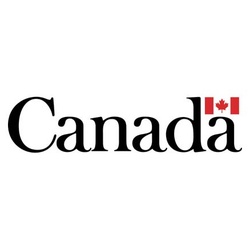
NRC — Compression and tension testing facility
At a glance
- No Condition
- Open Date : July 9, 2024
- Manufacturing
- Transportation and warehousing
- Canada
- For-profit business
- All revenue ranges
- All organization sizes
- All groups
Overview
Test rail, subway and intermodal rail/road vehicles car body structural strength and other characteristics at this fee-for-service facility.
Activities funded
This grant provides testing services focusing on assessing and enhancing the structural integrity of various rail vehicles. Eligible activities primarily involve comprehensive testing for compliance with industry standards.
- Testing the structural strength and integrity of rail cars to ensure compliance with industry standards.
- Assessing subway vehicles to meet structural integrity requirements.
- Evaluating intermodal road/rail vehicle structural performance.
- Testing and verifying new drawbar devices for strength and stability.
- Conducting finite element modeling and stress analysis to identify potential weaknesses in rail vehicles.
Eligibility
Who is eligible?
Manufacturers in the rail, subway, and intermodal transportation industry can apply for this grant to test the structural integrity of their rail cars, subway, and intermodal vehicles using the compression and tension test services offered by the NRC.
Eligible expenses
The grant provides an opportunity for rail industry manufacturers to enhance safety and compliance through comprehensive testing of rail vehicles. Eligible projects focus on testing and verifying the structural and mechanical integrity of different types of rail vehicles.
- Testing rail car structural strength and integrity against industry standards.
- Verification of compliance with rail industry standards for rail vehicles.
- Testing and assessment of new drawbar devices for strength and lateral stability.
- Conducting detailed stress analysis with strain gauges, load cells, and sensors.
- Integration of finite element models with stress and fatigue analyses.
Selection criteria
Yes, there are evaluation and selection criteria for this grant. The criteria are as follows:
- Compliance with rail industry standards
- Structural integrity verification
- Testing of new drawbar devices for strength and lateral stability
How to apply
Contact David Fraser, Director of Business Development, at 613-991-9972 or email David.Fraser@nrc-cnrc.gc.ca to express your interest in the grant.
Provide necessary information and details about your project or research to determine eligibility and alignment with the grant objectives.
Follow any additional instructions or requests provided by the grant administrator to complete the application process.
Additional information
Here are additional relevant details for utilizing the NRC stationary compression and tension test services:
- The facility offers a complete, one-location solution, often used in conjunction with their rail vehicle impact ramp.
- The facility consists of a frame with twin parallel steel I–beams and a double-acting hydraulic ram capable of significant longitudinal compression and tension forces.
- Engineers provide detailed stress analysis reports utilizing signals from advanced sensors and instruments, integrated with finite element models.
- Testing assists in verifying compliance with stringent rail industry standards, identifying structural weaknesses before market introduction.
Frequently Asked Questions about the NRC — Compression and tension testing facility Program
What is the NRC — Compression and tension testing facility?
Who is eligible for the NRC — Compression and tension testing facility program?
What expenses are eligible under NRC — Compression and tension testing facility?
Who can I contact for more information about the NRC — Compression and tension testing facility?
Where is the NRC — Compression and tension testing facility available?
Is the NRC — Compression and tension testing facility a grant, loan, or tax credit?
Who are the financial supporters of the NRC — Compression and tension testing facility?
More programs like this
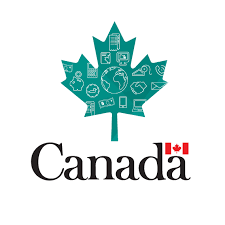
Clean Technology Manufacturing (CTM) Investment Tax Credit (ITC)
Canada Revenue Agency (CRA)
Strategic Innovation Fund (SIF)
Innovation, Science and Economic Development Canada (ISED)
ISED — Artificial intelligence (AI)
Innovation, Science and Economic Development Canada (ISED)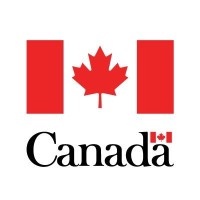
Rail Safety Improvement Program (RSIP) - Research and Education Component
Transport Canada (TC)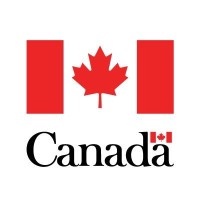
Green Industrial Facilities and Manufacturing Program — Energy Efficiency Solutions Track
Natural Resources Canada (NRCan)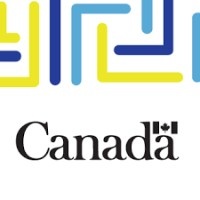
Advancing Accessibility Standards Research
Accessibility Standards Canada (ASC)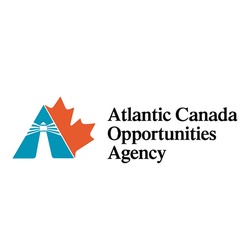
Regional Tariff Response Initiative (RTRI) – Atlantic Canada
Atlantic Canada Opportunities Agency (ACOA)
Canadian Apprenticeship Strategy (CAS) - Union Training and Innovation (UTIP))
Employment and Social Development Canada (ESDC)
On-road Transportation Decarbonization — Demonstration Projects
Natural Resources Canada (NRCan)